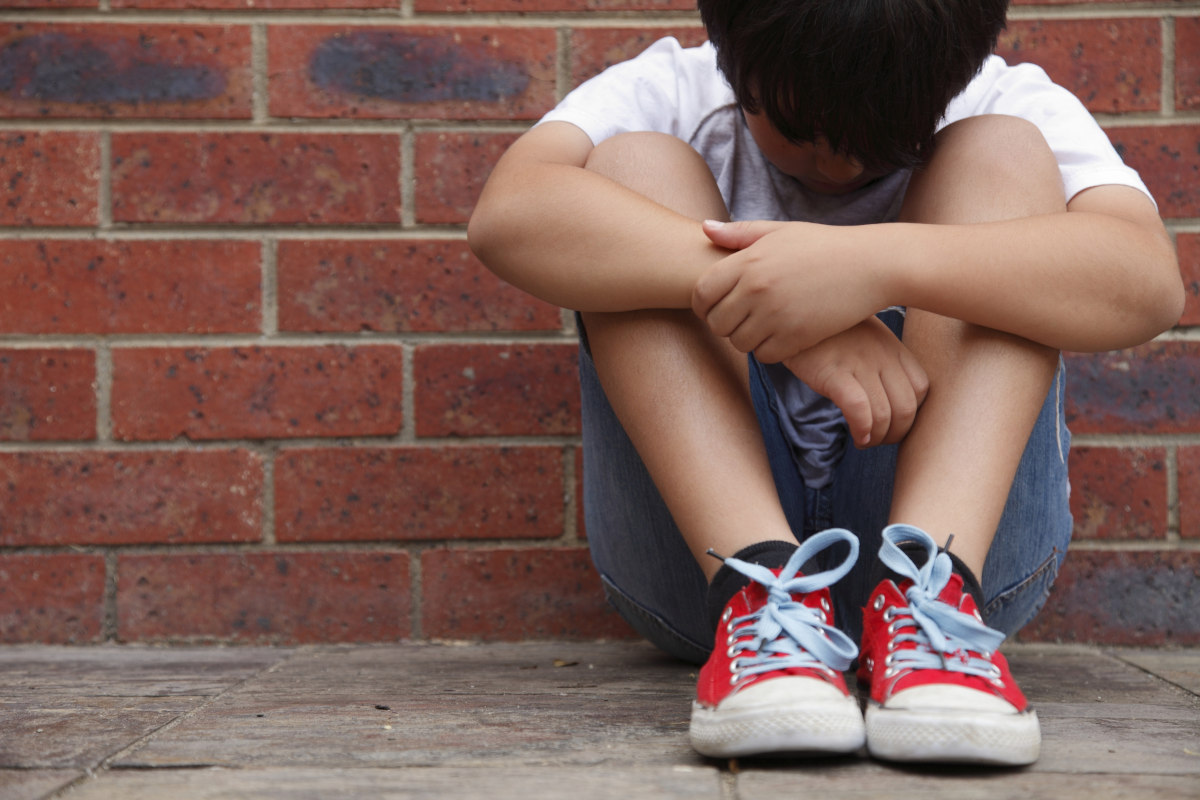The Medical Minute: The heightened risk of child abuse during the COVID-19 pandemic

While social distancing has been necessary to keep us as safe as possible from getting — and spreading — COVID-19, the resulting economic and emotional fallout has added significant stress to families. Even more unfortunate, these factors raise the risk of child abuse at a time when traditional avenues for intervention are impeded.
The latest information from ChildLine, the statewide child protective services program that receives child abuse referrals, shows a 30% to 50% decrease in reports of suspected child abuse from the three weeks prior to the state-mandated COVID-19 restrictions to the first three weeks of cancellations and closures. Unfortunately, this does not correlate with a decline in child abuse, according to Dr. Lori Frasier, chief of the Division of Child Abuse Pediatrics at Penn State Health Children’s Hospital.
“Most reports to ChildLine are made by mandated reporters — teachers, doctors and psychologists, daycare providers — those who work with children,” said Frasier, who collaborates with medical care providers and specialists to review conditions or injuries in pediatric patients to help determine whether they might have resulted from abuse. “As children remain isolated in their homes with their families, they lack that safety net of mandated reporters who are obligated under the law to report their reasonable suspicion that child abuse has occurred.”
Without regular intervention prompted by outside observers, there is a significant risk for more serious trauma to an abused child.
“A bruise seen by a mandated reporter can lead to intervention that stops the abuse before it escalates,” Frasier said. “We’re very worried about children becoming more seriously injured over longer periods of time before they can get treatment.”
Long-term risks and ways to help
When abuse is caught early and intervention provided, a child has a lower risk for long-term developmental problems. Penn State Health Children’s Hospital has various programs for maltreated children and their families, including the TLC (Transforming the Lives of Children) Clinic that provides medical treatment for children in out-of-home placement and mental health services for children who’ve suffered the effects of trauma and abuse.
“Our treatment programs have been shown to be quite effective,” said Brian Allen, director of mental health services at the Penn State Center for the Protection of Children, based at the Children’s Hospital. But he cautions that treatment becomes more challenging even for the most resilient children when the abuse continues without any relief.
“Child abuse can have a very pervasive effect on various developmental aspects for the child,” Allen said. “If we don’t catch the abuse early, it can greatly impede a child’s ability to regulate emotions, behaviors and social skills. Post-traumatic stress can negatively affect academic potential and achievement as well.”
If you suspect that a child is in danger of or is being abused, call ChildLine at 1-800-932-0313. You can reach a live representative 24 hours a day, seven days a week and you may remain anonymous.
Additionally, if you have concerns about a family that is dealing with significant stress, you can reach out to them virtually. “Call them up and ask them if they need anything,” Frasier said. “It’s hard when you’re socially isolating and you can’t offer to help by watching the kids for a while so they can take a break. But you can drop off a meal, get groceries for them, or just provide some reaffirming support.”
Related content:
- Ask Us Anything About…Child Abuse Prevention [VIDEO]
- Clues to child abuse: Dr. Lori Frasier on the front line of new training
The Medical Minute is a weekly health news feature produced by Penn State Health. Articles feature the expertise of faculty, physicians and staff, and are designed to offer timely, relevant health information of interest to a broad audience.
If you're having trouble accessing this content, or would like it in another format, please email Penn State Health Marketing & Communications.
